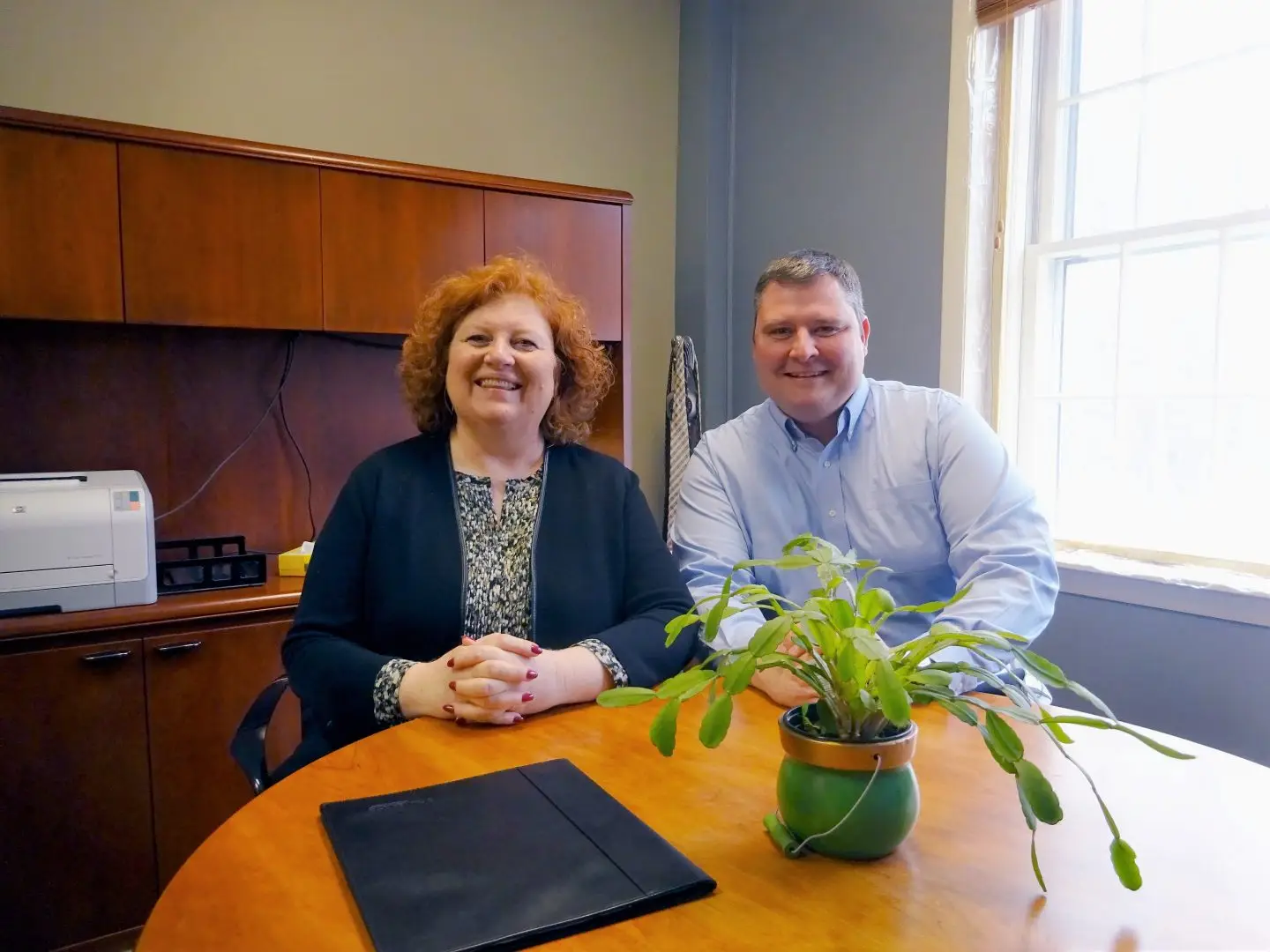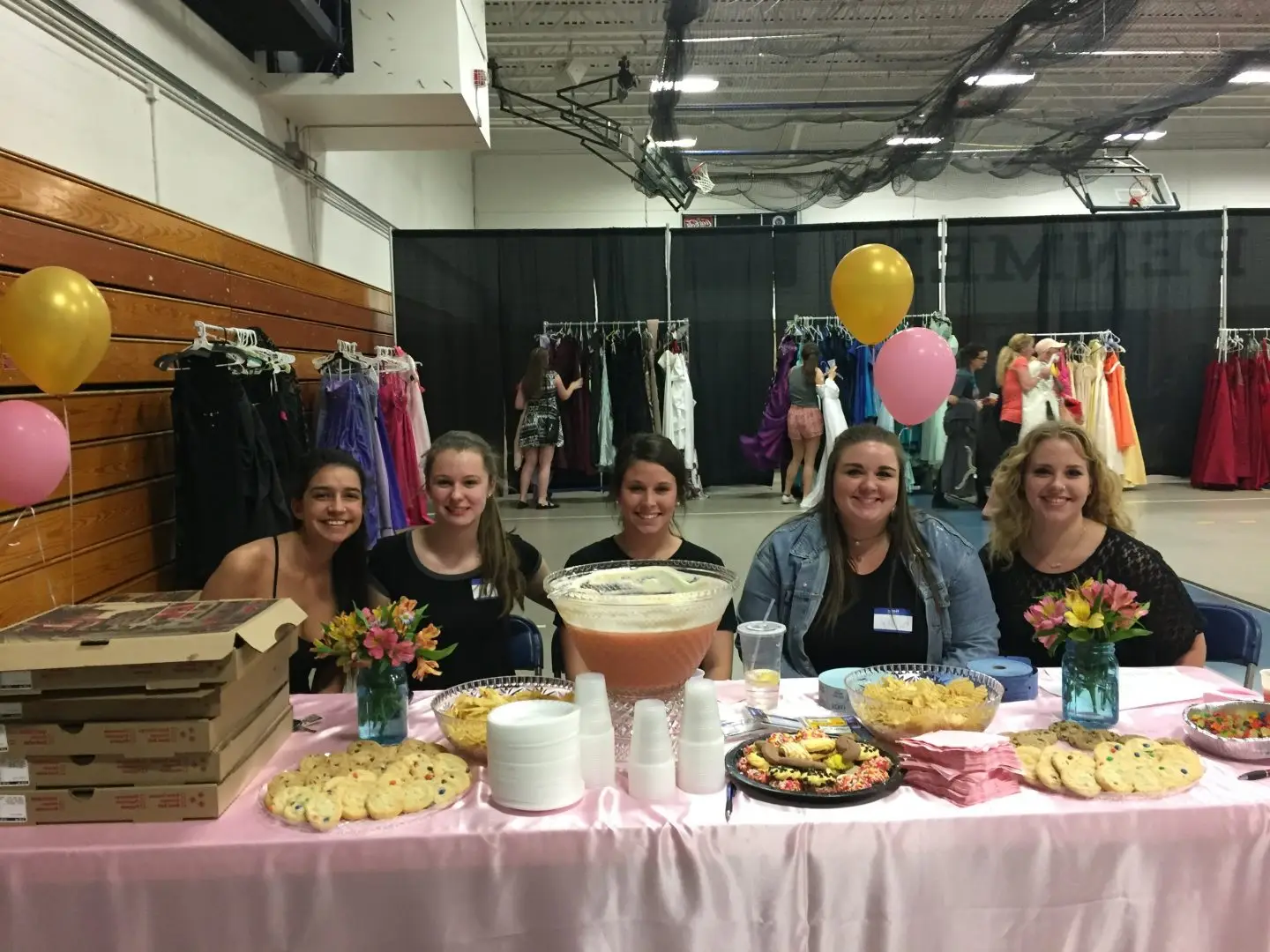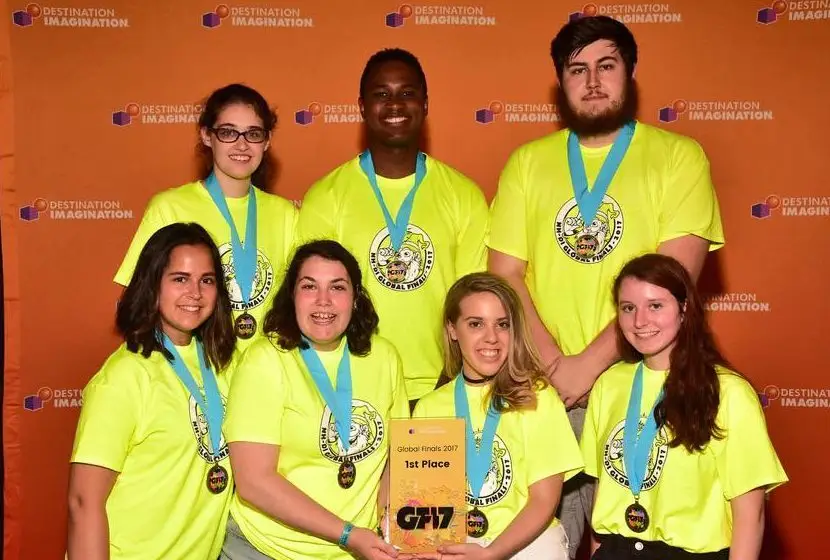With a new school year rapidly approaching for the SNHU community, there are many questions regarding how this academic year will run.
Paul LeBlanc, President of SNHU, expresses his optimism about the upcoming school year. However, SNHU has not seen a traditional year since the 2018-2019 academic year. After multiple years of uncertainty, it is unclear what students should expect.
“We all know that it has been a weird couple of years, and I think our main goal for this coming fall is, how do we get back to some sense of normalcy, asking ourselves ‘what does normalcy look like,’ and what do our students most need from us given what they’ve been through the last couple of years,” said LeBlanc.
“Normal” was once an easy word to define, but over the course of the pandemic, the meaning has been lost.
“I don’t think the standard for us can be ‘pre-COVID,'” said LeBlanc. “I think there is a lot of what life looked like pre-COVID that we’d like to get back to if possible. I would love a whole year without anyone thinking about a mask if they didn’t have to…I also don’t think we can go back to a pre-COVID ‘normal,’ but we can go back to being a healthy community. Healthy in terms of the pandemic; healthy in terms of our dialogue and our discussion; healthy in terms of our sense of safety; and healthy in terms of being able to take better care of our students.”
While COVID is on the decline, the risk of spread is still relevant. LeBlanc hopes to learn from the past to better accommodate students who become infected.
“We’re not entirely out of the pandemic. We might argue that we’re in the endemic stage, which means that people can still be at risk,” said LeBlanc. “We have hospitals around the country that [have] more patients hospitalized with [the] flu than COVID. I think that there is a new awareness of how to take care of people who are more at risk than we might be and we’ll need to stay conscious of what it means to be in community, which is to remain conscious of what others need from us.”
Mental Health
Data over the past two years regarding mental health has gone in a negative direction. LeBlanc looks to keep those in the SNHU community out of that category.
“I really worry about the emotional and mental health of students across the country, and that’s backed up by the research data,” said LeBlanc. “If you’re struggling, tell someone. The students who struggle the most, and worry the most, are the ones that often shut down, and disappear from the community.”
LeBlanc emphasized the need for SNHU to be a safe space for discussion and opposing views.
“I think that if we can go a whole year without once thinking of social distancing and those policies, then I think I would be relieved, and I believe everyone else would be relieved,” said LeBlanc. “I don’t want to be nostalgic about a pre-COVID time, but I would like to get back to a time where we are united, have a stronger sense of community, and a sense of making actual progress.”
College Experience
The college experience is individual to every student, and LeBlanc wants each one to thrive in their endeavors on campus.
“It is very cliché, but like at all colleges, you get out what you put in; so, when I say to be an advocate for yourself, it means seek out those great opportunities and when you need help. Don’t be afraid to ask, don’t wait for someone else to notice,” said LeBlanc.
Like any college, SNHU is unique in the opportunities that it provides its students. However, what differentiates a successful student from the rest is up to the students themselves.
“To be a successful student at SNHU, and I would say this about being a student at any other campus, is to be a proactive advocate for yourself,” said LeBlanc. “We work really hard to offer a broad array of opportunities, supports, and services. Our most successful students seek those out, take advantage of the offerings, and wring every ounce of value they can out of their SNHU experience.”
In SNHU’s diverse community, there are many perks that students have access to, and LeBlanc yearns for students to use them.
“The ultimate goal, and we have stated this now for some time, is that we want to be a place where any student, in any SNHU program, has seamless access to everything we offer… In a perfect world, you would be able to take from us what you most need, in the best combination possible. We are also trying to find other ways to lower the cost to students,” said LeBlanc.
Education
SNHU is widely viewed as an online institute; it is the largest university in America in terms of enrollment. While this is beneficial to SNHU’s brand, there are still students who thrive in an in-person environment. LeBlanc assures that in-person learning will remain and continue to grow.
“There are some students who really should never take an online course because they thrive and do their best in the structured, face-to-face, environment,” said LeBlanc. “There is an immediate accountability with face-to-face learning that is useful to many people.”
Education has been shifting for many years. LeBlanc invites that change and looks for SNHU to adapt to the changing world.
“Historically, higher [education] has been one-size-fits-all,” said LeBlanc. “The next generation of learning in America will be much more student-centered. The reality is if you came to SNHU 20 years ago, and all were Communication majors, your experience would’ve been largely the same… I think the model of the future will be that we are not one-size-fits-all.”
As a leader in education, LeBlanc has the opportunity to converse with like-minded individuals. In fact, his latest travels have proven to him that times are changing.
“It’s interesting, I have been traveling a lot for business,” said LeBlanc. “The observation that I have made in conferences is that people are engaging again in the ways they did pre-Covid… I want to keep all my fingers and toes crossed [so] that we don’t see a dangerous variant. Also, remember that much of the world is lagging behind in vaccines, and when that’s the case, they become the breeding grounds for new variants. It is in our collective best interest to get vaccines and antivirals out to every part of the planet.”
Conclusion
With hopes of a successful school year, LeBlanc’s vision is in line with student success and the SNHU community that grows together.
“With a little bit of luck, people can look forward to feeling like we’re back to the way we used to be. I will observe the following, and these are not ‘buts,’ these are ‘ands,’ and the ‘and’ is that we’re going to have to learn to be with each other again after, for a lot of people, two years of a loss of socialization. We will need to practice patience and kindness.”




